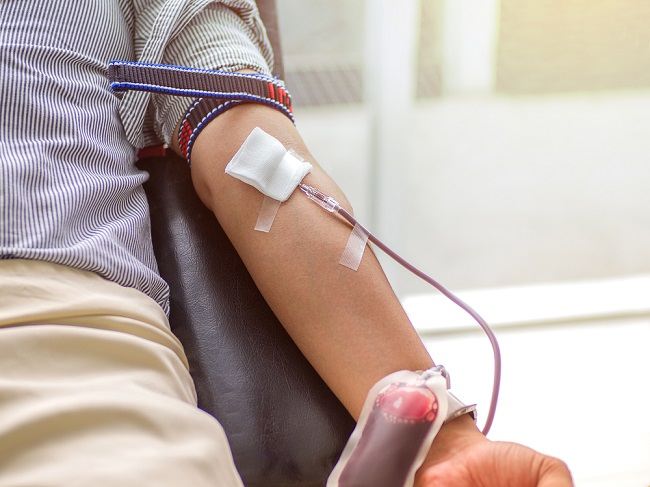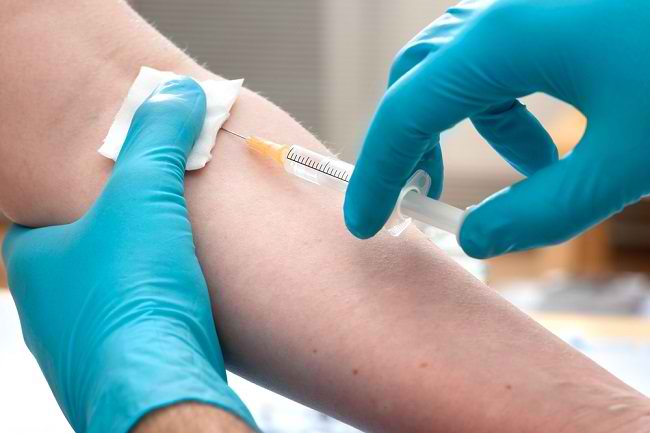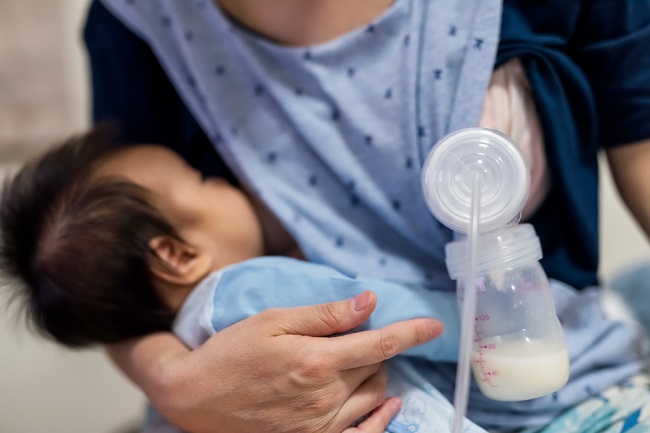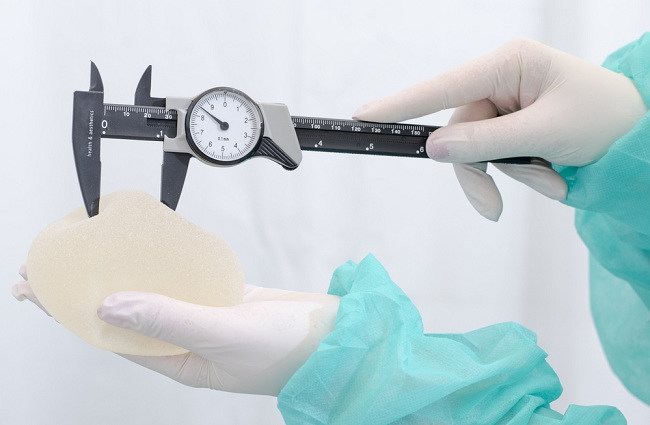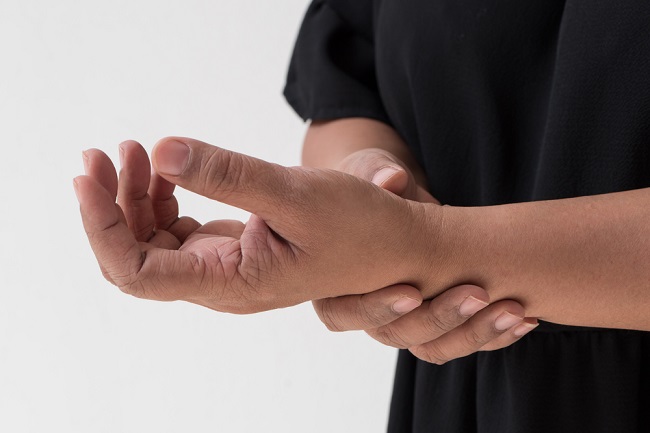When the mother is pregnant sufferdengue fever, the bad effects are not only felt by selfhis own. The fetus in the womb may also receive a negative impact from disease the.
Dengue fever is one of the most common causes of fever in people living in tropical areas, including Indonesia. Dengue fever is caused by infection with the dengue virus, which is spread through mosquito bites Aedes aegypti.

Dengue fever will be more dangerous if it occurs in women who are pregnant. The dengue virus that is in the body of a pregnant woman can be passed on to the baby she is carrying.
Symptoms of Dengue Fever
Symptoms of dengue fever usually appear 4-10 days after the patient is bitten by a mosquito. Symptoms that can appear are:
- High fever, can reach 40 degrees Celsius.
- Headache.
- Eyes hurt.
- Muscles, joints, and bones are sore.
- A rash appears.
- Nausea and vomiting.
Keep in mind, sometimes the symptoms of dengue fever are similar to the symptoms of the flu or other viral infections. Therefore, pregnant women need to be vigilant. When you have a fever, you should consult a doctor.
Dengue fever (DD) is different from dengue hemorrhagic fever (DHF). DHF is dengue fever accompanied by signs of bleeding. Symptoms include bleeding under the skin, gastrointestinal tract, nosebleeds, bleeding gums, and abdominal pain. These symptoms can appear a few days after the illness, and usually when the fever begins to fall.
Effects of Dengue Fever on Pregnant Women
Pregnant women who get dengue fever are at risk for pregnancy complications, such as:
- preeclampsia.
- Premature labour.
- Had to give birth by Caesarean section.
- Bleeding that may require a blood transfusion.
- Postpartum bleeding.
Effect Dengue Fever on Baby
If a pregnant woman gets dengue fever, some of the possibilities that can happen to her baby are:
- Born with a low birth weight.
- Born prematurely.
- Suffered from dengue fever in the first two weeks of life. This can happen if pregnant women get dengue fever when they are close to giving birth.
- Died in the womb.
How to Overcome Dengue Fever
Until now, there is no specific medicine that can cure dengue fever. Treatment is given only aims to relieve symptoms and prevent complications, such as shock due to heavy bleeding.
Dengue fever will heal by itself, thanks to the resistance of the immune system. However, to help speed up the recovery of dengue fever, there are several ways that can be done, such as:
- Drink lots of water to avoid dehydration.
- Increase rest.
- Take fever-reducing drugs, such as paracetamol. During pregnancy, avoid taking ibuprofen or aspirin to reduce fever, because these drugs are at risk of causing harmful side effects for pregnant women and
Pregnant women should not take any medicine. Whatever the type of medicine, you should first consult a doctor.
If dengue fever does not improve within 24 hours or if there are signs of dengue fever, immediately consult a doctor. This condition requires treatment in a hospital, because of the high risk of causing dangerous complications for pregnant women.
To avoid dengue fever during pregnancy, do the following:
- Apply mosquito repellent even if you are indoors.
- Use long-sleeved clothes, socks, and long pants or skirts that cover the body.
- Clean water reservoirs at home regularly, and dispose of garbage that can hold water and mosquito larvae.
- Close the water reservoir at home.
- Install mosquito nets on the doors and windows of the house, so that mosquitoes do not enter the house.
- Use a mosquito net while sleeping.
Dengue fever can harm pregnant women and fetuses, especially if not treated properly or treated too late. So, if you experience the symptoms mentioned above, immediately go to the doctor or the nearest hospital.
